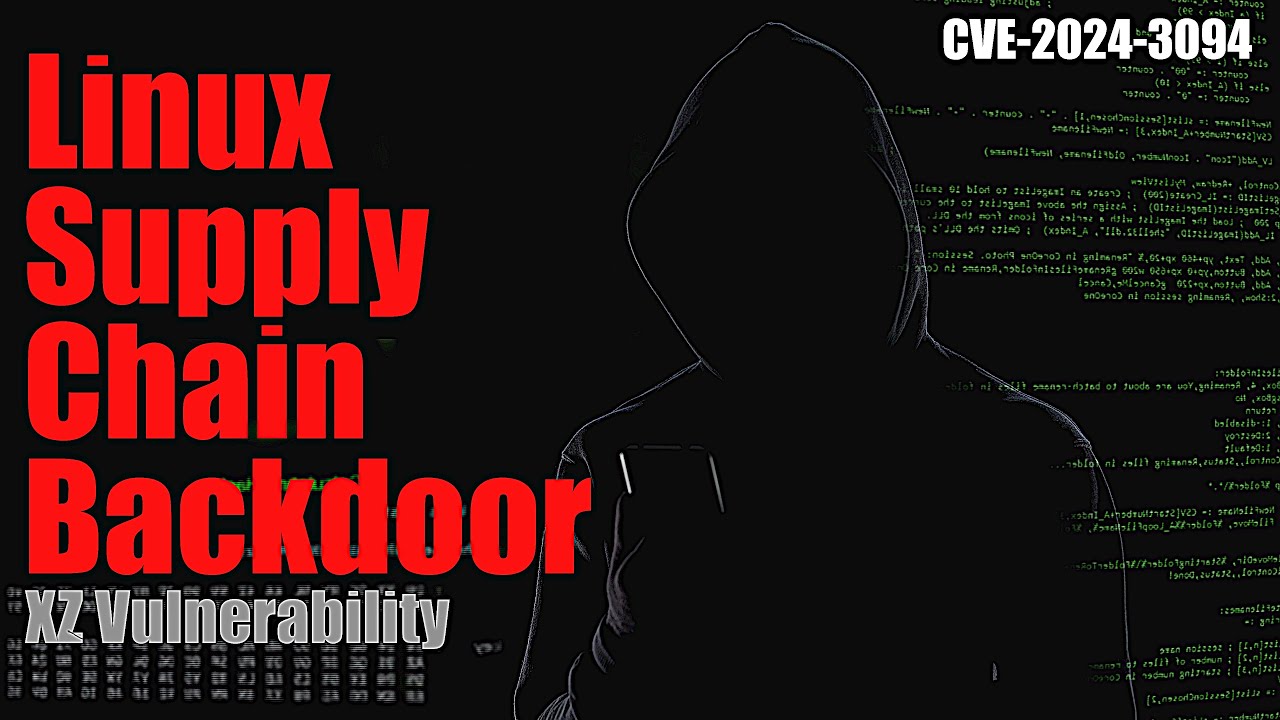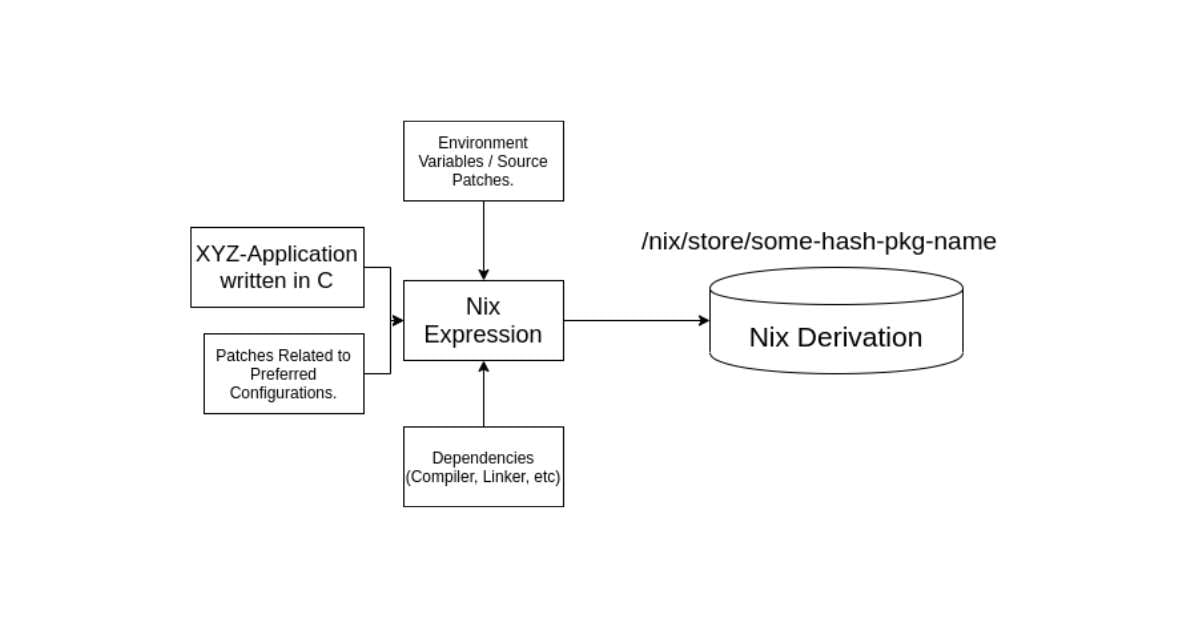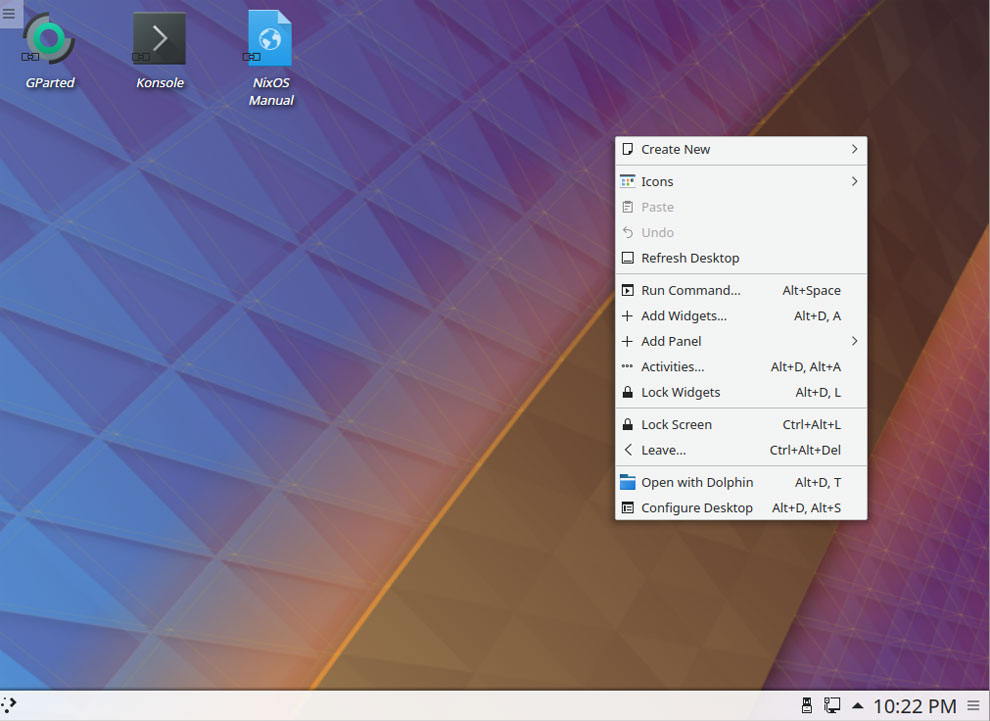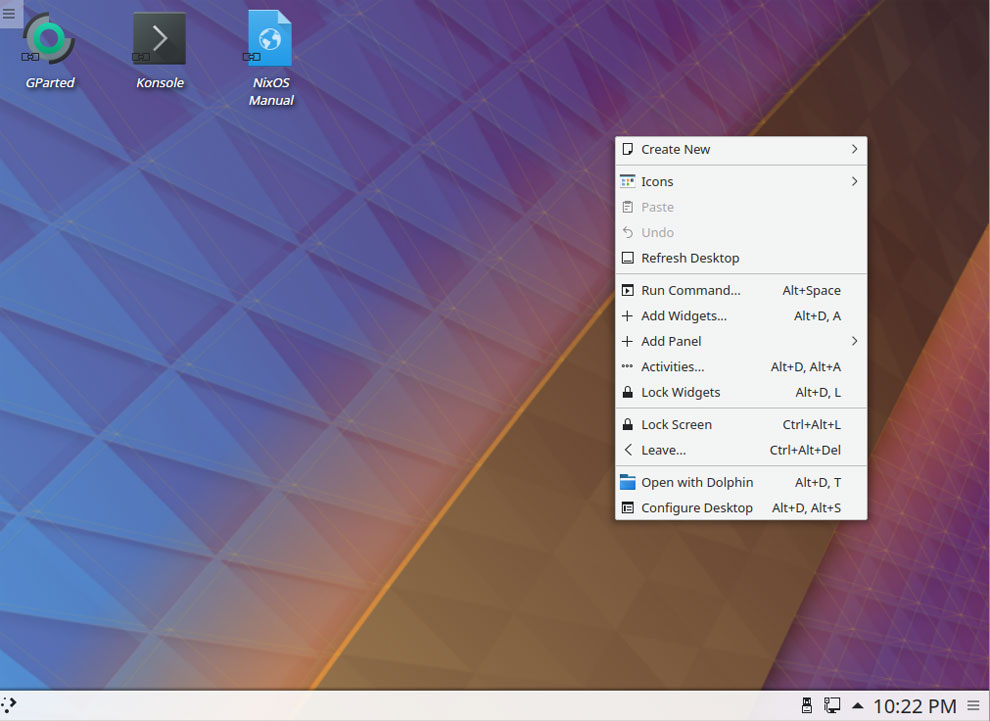
XZ Utils Backdoor Update: A Deep Dive into the Linux Security Incident
The recent revelation of a backdoor in XZ Utils, a widely used compression utility in Linux distributions, has sent shockwaves through the open-source software community. The discovery, made by software engineer Andres Freund, has raised concerns about the security of Linux systems and the integrity of open-source projects.
The Discovery
Freund stumbled upon the backdoor while testing Debian sid installations, noticing unusual CPU usage during SSH logins. Further investigation revealed that the liblzma data compression library, a component of XZ Utils, had been compromised. Despite not being a security expert, Freund promptly reported the issue to Debian and other Linux distributions.
Which Linux Distributions Are Affected?
Red Hat confirmed that Fedora Rawhide and Fedora Linux 40 beta contained the backdoored XZ libraries, while Red Hat Enterprise Linux remained unaffected. openSUSE, Debian, Kali Linux, and Arch Linux were among the distributions impacted, with specific versions requiring updates to address the issue.
The XZ Backdoor
The backdoor, present in XZ Utils versions 5.6.0 and 5.6.1, resides in the liblzma library used by the SSH daemon. Security researchers have highlighted the sophistication of the backdoor, which can be triggered by remote systems connecting to public SSH ports, potentially compromising system integrity.
The Culprit
The backdoor was attributed to an individual known as ‘Jia Tan’ (JiaT75 on GitHub), who surreptitiously introduced the malicious code into XZ Utils. Tan’s elaborate efforts to conceal the backdoor point to a highly skilled threat actor, leaving the cybersecurity community puzzled about the motive behind the supply chain attack.
Implications and Recommendations
Linux users are advised to follow guidance from distribution maintainers and check for backdoored versions of the liblzma library. The incident underscores the importance of securing open-source projects and implementing robust measures to prevent similar attacks in the future.
Conclusion
The XZ Utils backdoor incident serves as a stark reminder of the persistent threats facing the open-source software ecosystem. While the timely discovery averted widespread compromise, it underscores the need for continuous vigilance and collaboration within the community to safeguard critical software infrastructure.















